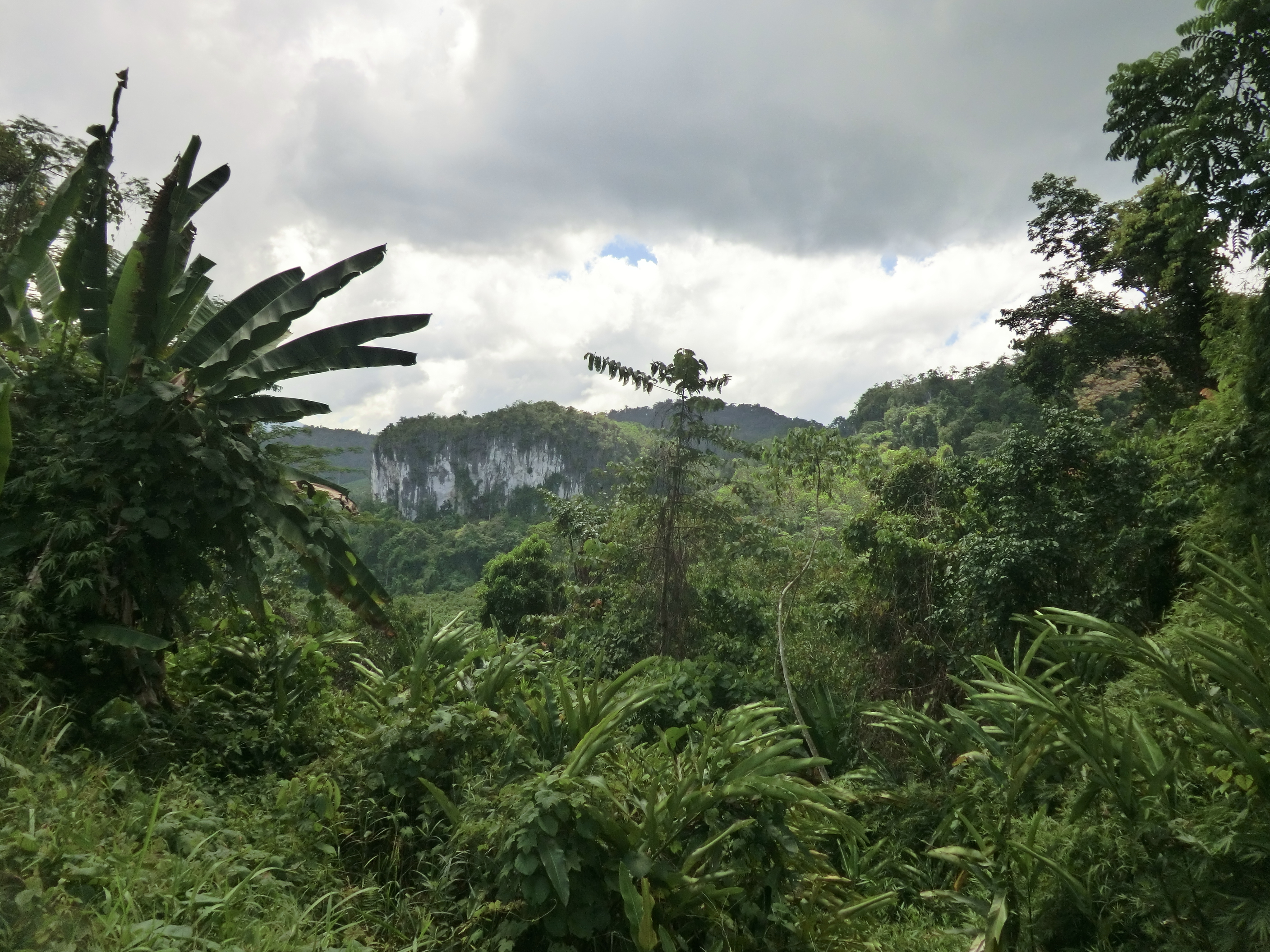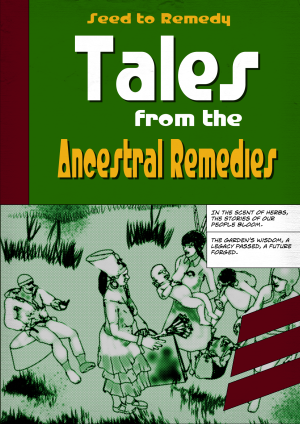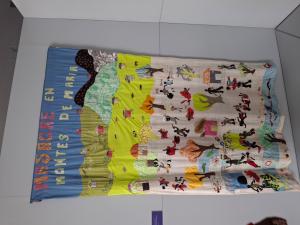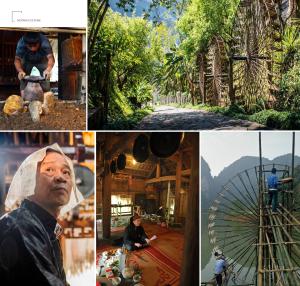“Indigenous communities are generally subsistence production societies… Because forests are a highly diversified environment, they provide opportunities for a variety of productive activities such as forest resource extraction, horticulture, hunting and fishing. Traditionally, the exploitation of the natural environment is carried out on a small scale because the fundamental goal is simple production to maintain the household and not production of surplus for the market. By its nature, this mode of production tends not to over-exploit the available resources. Such a level of resource exploitation does more to assure long-term sustainability of production, although it is considered underproductive from the standpoint of formal economics” (Duhaylungsod, 1998; Duhaylungsod & Hyndman, 1995 in Duhaylungsod, 2001, p. 612).
“This subsistence mode of production of indigenous peoples is largely based on an ideology of reciprocal exchange. As in access to land use, the entire production system of indigenous peoples is structured along kinship lines. Although primarily subsistence-oriented, this production ethics can also be applied to the sharing and redistribution of goods and resources, thus enabling the survival not merely of individuals but, more significantly, of the entire community.” Termed by Wolf (1982) as the kinship mode of production, the dynamics of this mode are anchored in culture" (Duhaylungsod and Hyndman, 1995 in Duhaylungsod, 2001, p. 612).
Text submitted by Raizel Albano, Founder and Director of Anthro on Foot Audio Walking Tours
04-12-2024
| References |
|
|




.jpeg)

.jpg)




.png)
.jpg)















_(31711258567).jpg)






























































